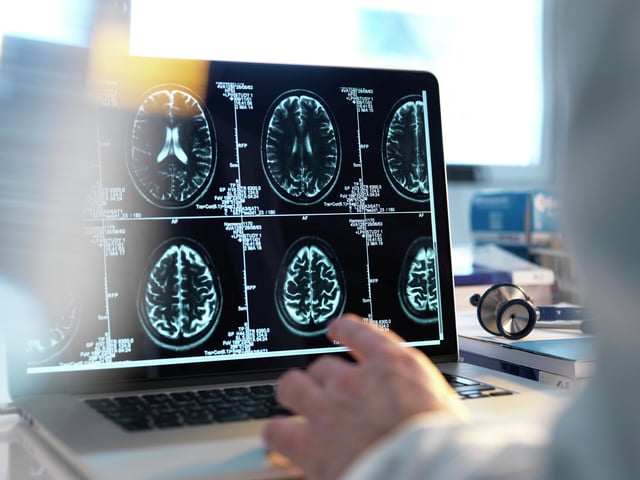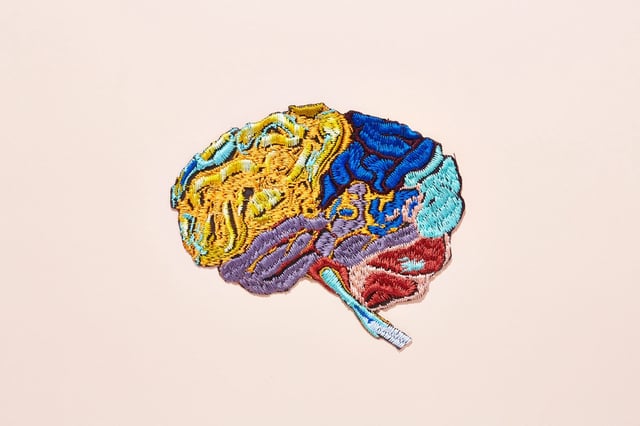Overview
- The Nature Medicine study analysed levels of over 3,000 plasma proteins in 45,000 adults to train a machine-learning model that assigns biological ages to 11 organs.
- Brain biological age emerged as the strongest indicator, with an extremely aged brain increasing 15-year mortality risk by 182% and Alzheimer’s risk twelve-fold.
- Participants with biologically youthful brains had a 40% lower risk of death over 15 years compared to peers of the same chronological age.
- Researchers intend to commercialize the organ-age blood test within two to three years, starting with key organs such as the brain, heart and immune system.
- Ongoing work will investigate how lifestyle factors like exercise and smoking cessation might slow organ aging and reduce disease risk.



